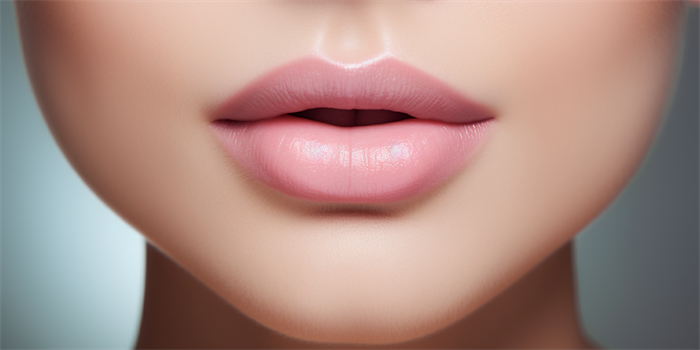Understanding Side Effects After Lip Reduction in Sydney
Lip reduction surgery, also known as cheiloplasty, is a cosmetic procedure aimed at reducing the size of the lips to achieve a more balanced and aesthetically pleasing appearance. While this procedure is generally safe and effective, it is important for patients to be aware of potential side effects. In Sydney, where cosmetic procedures are highly advanced, understanding these side effects can help patients make informed decisions and manage their expectations.

1. Immediate Post-Operative Side Effects
Immediately after lip reduction surgery, patients may experience swelling, bruising, and discomfort. These are common and typically resolve within a few days to a week. Swelling can be managed with cold compresses and elevation of the head while resting. Bruising, although unsightly, will fade over time. Discomfort can be controlled with prescribed pain medication. It is crucial for patients to follow post-operative care instructions provided by their surgeon to minimize these effects and promote healing.
2. Risk of Infection
As with any surgical procedure, there is a risk of infection following lip reduction surgery. Signs of infection may include increased redness, warmth, swelling, or discharge from the incision sites. If any of these symptoms occur, it is important for patients to contact their surgeon immediately. Preventative measures such as proper wound care and antibiotic prophylaxis can significantly reduce the risk of infection. Patients are also advised to maintain good hygiene and avoid touching the surgical area unnecessarily.
3. Scarring
Scarring is a natural part of the healing process after lip reduction surgery. Most scars will fade over time and become less noticeable. However, some individuals may be more prone to noticeable or hypertrophic scars. This can be influenced by factors such as genetics, skin type, and the skill of the surgeon. To minimize scarring, patients should avoid sun exposure to the surgical area and use sunscreen to protect the skin. Additionally, following the surgeon's instructions for wound care and avoiding smoking can help reduce the risk of prominent scars.
4. Asymmetry and Unsatisfactory Results
While surgeons strive for symmetry and natural-looking results, there is a possibility that the final outcome may not meet the patient's expectations. Asymmetry in the lips can occur due to various factors, including natural differences in the anatomy of the lips or slight variations in the healing process. In some cases, revision surgery may be necessary to achieve the desired results. It is important for patients to have realistic expectations and communicate openly with their surgeon about their goals and concerns.
5. Numbness and Sensory Changes
Temporary numbness or altered sensation in the lips is a common side effect after lip reduction surgery. This occurs because the surgical procedure can affect the nerves in the lip area. Most patients experience a gradual return of normal sensation over several weeks to months. In rare cases, permanent sensory changes may occur, but this is uncommon. Patients should avoid exposing the lips to extreme temperatures or engaging in activities that could cause injury to the area while sensation is returning.
6. Long-Term Effects
Long-term effects of lip reduction surgery are generally minimal. However, patients should be aware that the lips may continue to change over time due to natural aging processes. Additionally, the effects of the surgery may be influenced by factors such as weight changes, smoking, and sun exposure. Maintaining a healthy lifestyle and protecting the lips from environmental damage can help preserve the results of the surgery.
Frequently Asked Questions (FAQ)
Q: How long does it take to recover from lip reduction surgery?
A: Recovery times can vary, but most patients can expect to return to normal activities within a week. Swelling and bruising typically subside within 1-2 weeks.
Q: Can lip reduction surgery be combined with other procedures?
A: Yes, lip reduction surgery can often be combined with other facial procedures such as rhinoplasty or facelift surgery to achieve comprehensive facial rejuvenation.
Q: Are the results of lip reduction surgery permanent?
A: The results of lip reduction surgery are generally long-lasting, but natural aging and environmental factors can influence the appearance of the lips over time.
Q: Is lip reduction surgery painful?
A: Discomfort is common after the procedure, but it can be managed with prescribed pain medication. Most patients find the discomfort to be manageable.
Q: Who is a good candidate for lip reduction surgery?
A: Good candidates for lip reduction surgery are individuals with overly large or disproportionate lips who desire a more balanced appearance. Candidates should be in good health and have realistic expectations about the procedure.
Understanding the potential side effects of lip reduction surgery in Sydney is essential for patients to make informed decisions and ensure a successful outcome. By working closely with a skilled and experienced surgeon, patients can minimize risks and achieve their desired results.




